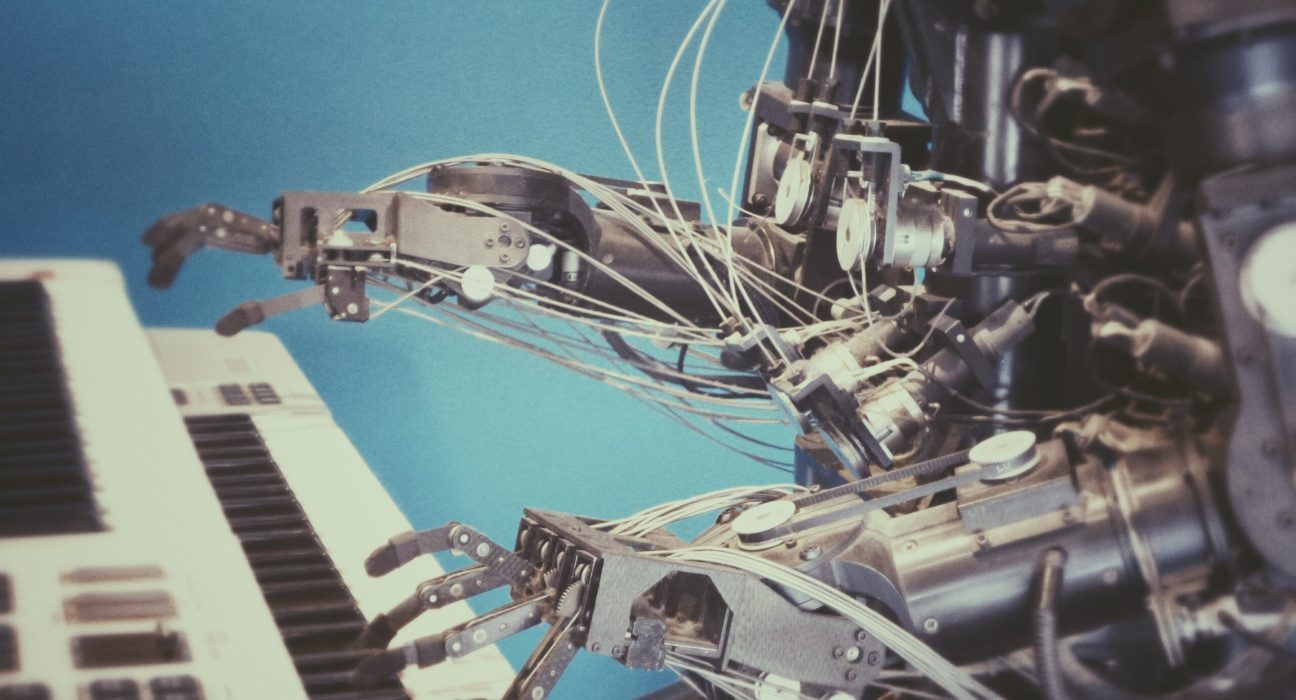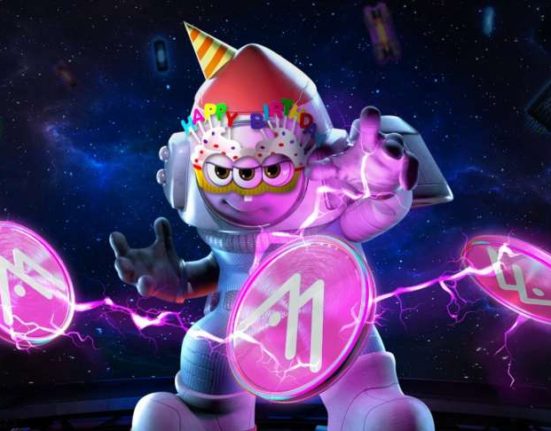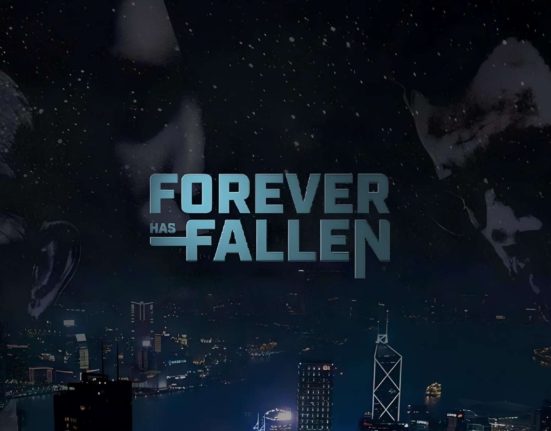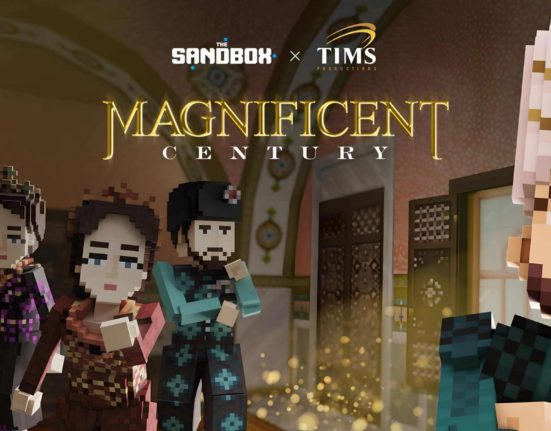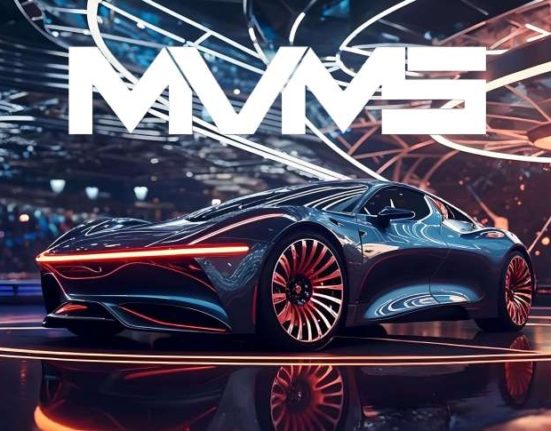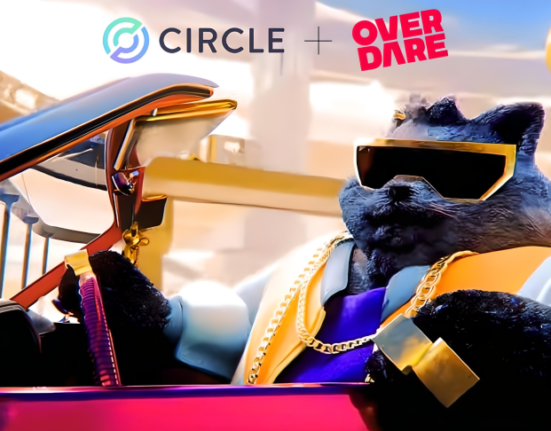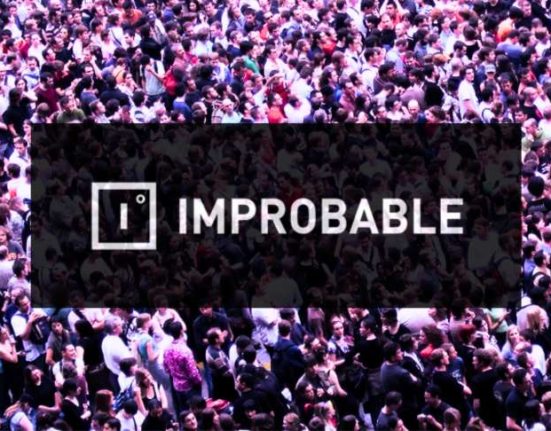Google and Universal Music Group are in the early stages of discussions centering around how fans can legitimately use and license artists’ voices and other soundbits for songs that are generated by artificial intelligence (AI), according to a Financial Times report.
These discussions have been reportedly confirmed by four people familiar with these early-stage negotiations that have naturally stemmed from the rise of generative AI and the increase in “deepfake” or digitally manipulated music tracks that are using the likeness of an established artist’s voice and/or lyrics.
Calling for a federal “right of publicity”
Jeffrey Harleston, general counsel at UMG called on Congress in July asking for its support in passing a federal “right of publicity.” He also asked for a mechanism that would inform individuals that some content is AI-generated, with copyright owners made aware of the presence of AI training models.
The “right of publicity” is one of several exclusive intellectual property (IP) rights afforded to copyright holders that protects against the misappropriation of a person’s name, likeness, or other element associated with their identity – such as their voice – for commercial exploitation.
“An artist’s voice is often the most valuable part of their livelihood and public persona, and to steal it, no matter the means, is wrong,” Harleston told lawmakers last month.
So far, we’ve seen AI-generated content that has used the voices of Frank Sinatra, Drake, The Weeknd, Grimes, Paul McCartney, Ice Cube, and more, who have all expressed different sentiments on having their voices used without permission.
As for this tool that is currently in the works between Google and UMG, the idea is that fans would be able to create these AI-generated tracks legitimately, where copyright owners would be paid for the use of their voice, lyrics, or other sounds. According to the Financial Times, Lyor Cohen, who is a former music executive who led YouTube’s music division, has been actively part of this initiative for Google.
However, according to representatives from both Google and UMG, artists would still be given the choice to “opt-in.”
These issues first came to light when an AI-generated song using the voices of Drake and The Weeknd went viral earlier this year, forcing UMG to have the song removed from streaming platforms on the basis of copyright infringement. UMG currently controls approximately one-third of the global music market.
But it wasn’t until mid-April that Drake finally stood up and made his thoughts on AI-generated tracks with his voice clear, stating that this was “the last straw” after a video that featured him rapping Ice Spice’s “Munch” went viral.
Warner Music & Google
Warner Music Group is also currently in talks with Google about developing a similar tool for its label and artists.
On Tuesday, Warner Music’s CEO, Robert Kyncl, told investors that if we have the “right framework in place,” AI could serve as a legitimate way for fans to “pay their heroes the ultimate compliment through a new level of user-driven content,” which would include new covers, remixes, and mashups.
As for Google, the development of such a tool would certainly give it a competitive edge over its biggest rival, Microsoft, which is a leading investor in OpenAi, the parent company of ChatGPT.


